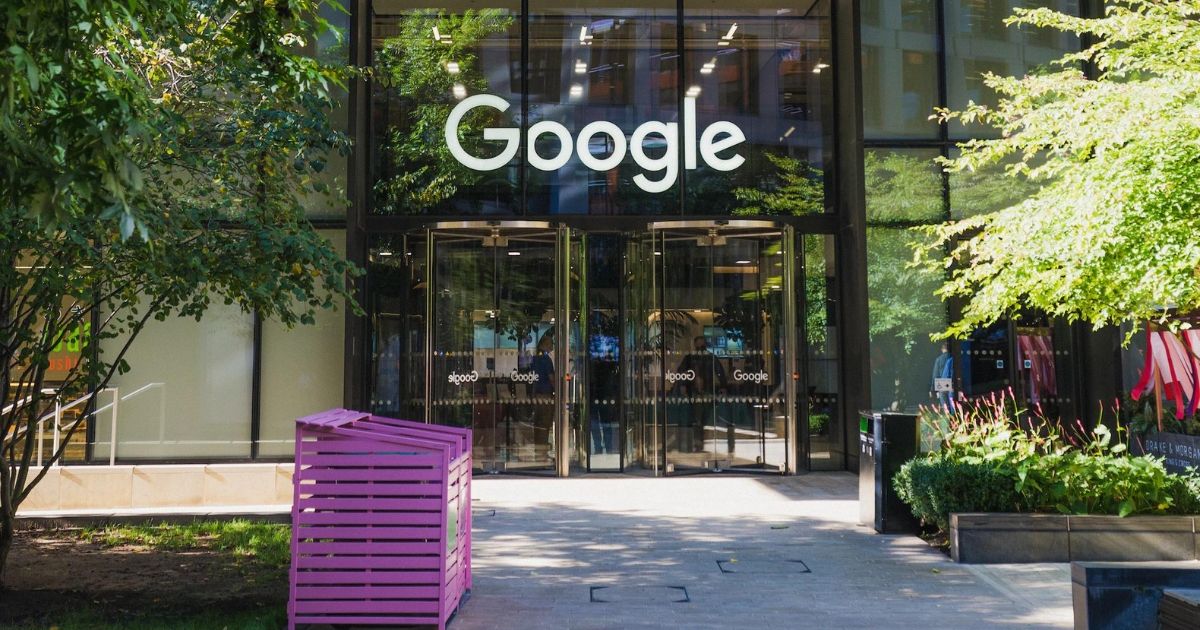
The Google Chrome team has been working on moving to the new Manifest V3 extension format for the last few years. It has probably faced more backlash and longer delays than its anticipation. This is because the team is introducing a filtering rule limit with the new format which will affect many extensions, especially ad blockers. It is the reason the rollout was paused in December 2022 and now a year later, the team is ready to resume the transition process.
The Manifest V3 extension format first arrived on the Chrome stable channel in 2021 but it did not replace Manifest V2. The team has been offering support for both formats which is now set to change next year. David Li, Product Manager at Google, has announced in a blog post that the transition to Manifest V3 will resume now.
The team will begin disabling Manifest V2-based extensions on all pre-stable Chrome versions starting June 2024. These include Dev, Canary, and Beta channels and we will be on Chrome 127 at that time. Apart from automatic disabling, it will also prevent users from installing those extensions from the Chrome Web Store. Similarly, extensions with a Featured badge on the store will lose the badge.
As for stable channel users, the change will come into effect slowly and slightly later. Google is expecting at least a month of time to observe and stabilize the changes in pre-stable before expanding the rollout to stable channel Chrome. It means stable Chrome users will see these changes as early as July 2024.
The Manifest V3 extension format comes with a number of changes but there is one particular change that will limit extension capabilities, especially ad blockers. Google has added a limit to the number of filtering rules an extension can offer. It started off by capping the number of filtering rules to a measly 5,000 but increased that to 30,000 after the backlash. In comparison, the Manifest V2 format does not have any limit on the filtering rules.
Google’s reasoning for adding such limitations is to ensure that Chrome is lighter on resource consumption. It adds this will also protect user privacy from extension developers. It is not hard to guess that ad blocker users and developers are largely unhappy with these upcoming changes. Many users have even expressed their opinions about moving to a different browser.
However, Google has found an ally in Andrey Meshkov, CTO of AdGuard who said: “With Manifest V3, we’ve observed the immense effort that browser teams (Chrome in particular, but also other browsers) are putting into working on a unified platform, and I see how they are listening to the feedback from extension developers.” He added, “ad blockers like us will be able to continue being up to the task and further improve.”
Chrome is not the only place Google is working on limiting ad blockers. It has begun blocking ad blockers on YouTube too. Recently, it also confirmed slowing down video playback for viewers using ad blockers.















